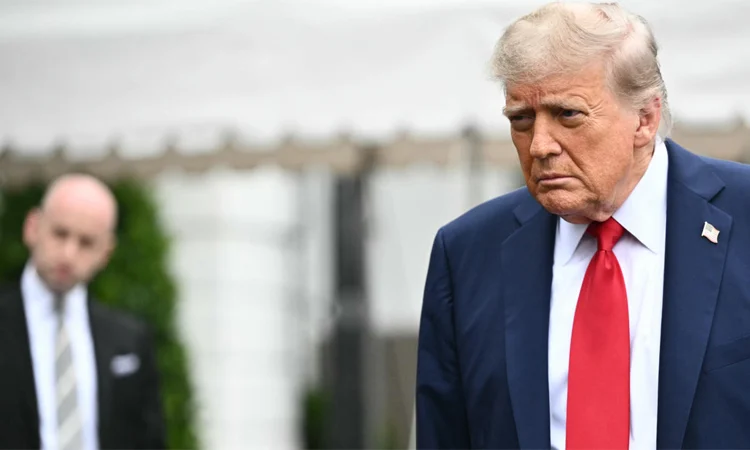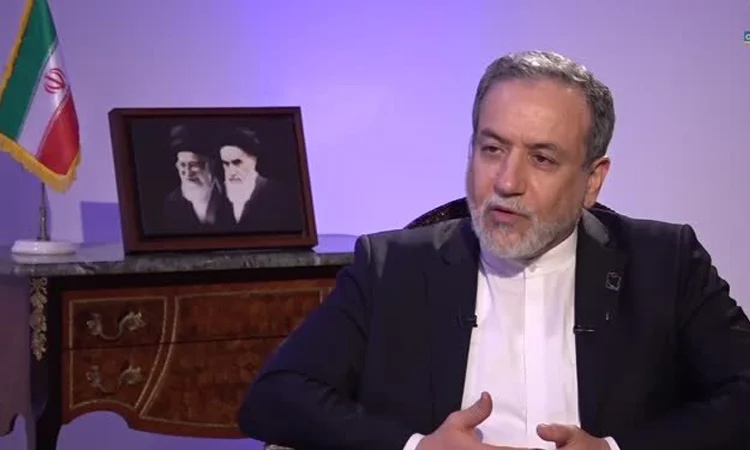Muhammad Yunus-Tarique Rahman meeting begins
Dhaka: A meeting has begun between interim government chief advisor Professor Muhammad Yunus and BNP acting chairman Tarique Rahman.
The meeting commenced at 9:00 am local time (2:00 pm Bangladesh time) on Friday at the Dorchester Hotel in London, UK.
Akbar Hossain, Press Minister at the Bangladesh High Commission in London, confirmed the development to Prothom Alo.
This meeting holds significance amid ongoing debates over the schedule of the next national election. It is the first formal interaction between the interim government’s head and the second most senior leader of the country’s largest political party, the BNP, following Bangladesh’s political shift in the 5 August uprising last year.
Given the number of unresolved issues—including electoral reforms and the timing of the national polls—the meeting is being viewed as highly significant.
Following the talks, BNP Standing Committee member Amir Khasru Mahmud Chowdhury is expected to brief the media in London on behalf of the party.
It has been learned from several responsible BNP leaders that Tarique Rahman has already received recommendations from the party’s standing committee on the issues to be raised during the meeting. Chief among them is the timing of the next national election. The BNP plans to request the interim government to reconsider the “timeframe” announced by the chief advisor in his Eid-ul-Azha address, which proposed holding the national polls in the first half of April next year.
While the BNP had previously insisted on elections before December, the party is now willing to slightly soften its stance in order to encourage a reciprocal gesture from the government. However, BNP maintains that April is not a suitable time for elections due to extreme heat, seasonal storms, and the proximity to Ramadan and Eid-ul-Fitr. Holding elections in April would mean conducting campaigns during the fasting month, which the BNP argues is impractical. The party hopes the interim government will consider advancing the election schedule. If the April timeline remains non-negotiable, it may be difficult for the BNP to accept.
Two other key issues may also be raised in the meeting. One is the removal of controversial figures from the advisory panel of the interim government. BNP’s top leadership believes that to uphold neutrality, the three advisors previously objected to by the party should be excluded.
The second issue concerns distancing the government and administration from individuals who benefited under the previous authoritarian Awami League government. BNP believes such individuals must be removed to ensure a truly neutral and trustworthy electoral environment.
In addition, the long-discussed issue of political and structural reform may surface in the meeting. However, Tarique Rahman is not expected to bring it up unless raised by the chief advisor. In such a case, the BNP standing committee has authorised the acting chairman to take a position on behalf of the party.
Although it is unclear what specific topics will dominate from the government’s side, leaders of the National Citizens Party (NCP)—the youth group that led the July uprising—believe the focus will likely be on deep structural reforms and accountability for the indiscriminate killings during the July movement.
With high-stakes discussions on elections, reforms, and transitional justice potentially on the table, the meeting between Professor Muhammad Yunus and Tarique Rahman has generated significant interest across the political spectrum.





























 Caption: CA Yunus holds 90-minute meeting with BNP leader Tarique in London
Caption: CA Yunus holds 90-minute meeting with BNP leader Tarique in London
 Caption: Election could be brought forward to February, Khalil says after Yunus-Tarique meeting
Caption: Election could be brought forward to February, Khalil says after Yunus-Tarique meeting



